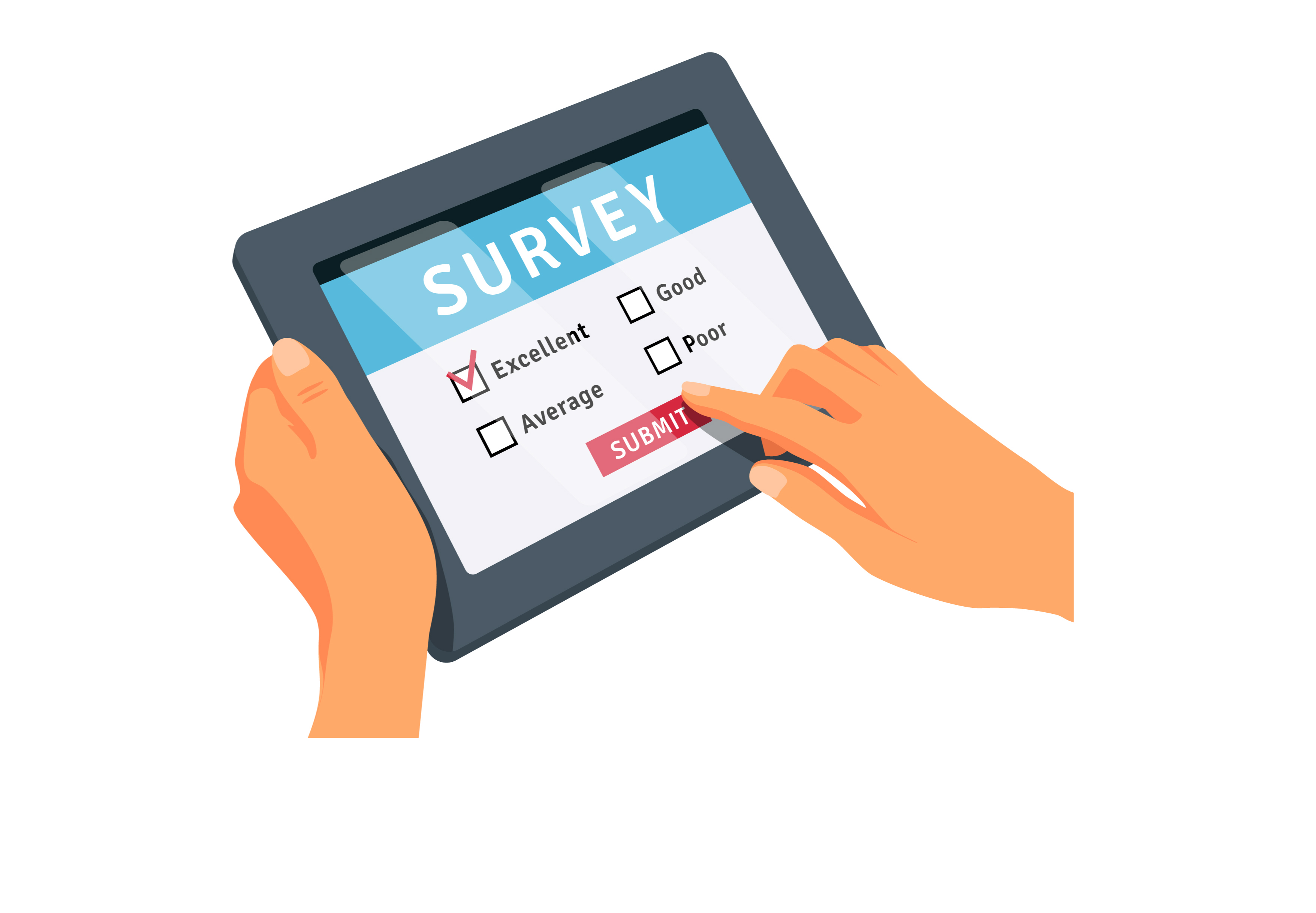Quantitative research uses numerical data and statistical methods to analyze patterns, trends, and relationships for objective decision-making.


Quantitative Research
-
-
Quantitative research focuses on gathering numerical data to analyze and interpret trends, relationships, or patterns. By employing statistical tools, it provides objective insights into various phenomena. This method is widely used in fields like business, healthcare, and social sciences to support data-driven decisions. Its structured approach ensures reliability and replicability, making it an essential tool for evidence-based research.

We offer a range of services in Quantitative Research
Door to Door Interview
The in-depth interview is a popular qualitative research method that involves conducting personal interviews with individual respondents. This conversational approach allows researchers to gather detailed information from participants.
Central location test (CLT)
A Central Location Test (CLT) gathers participant feedback in a controlled environment, ensuring accurate data collection. It is widely used for market research to evaluate products, services, or concepts effectively.
Online survey
An online survey is a digital tool for collecting feedback or opinions from participants. It's cost-effective, time-efficient, and ideal for gathering insights on various topics from a broad audience.
Mistry Audit
Mystery Audit involves anonymous evaluations of businesses to assess service quality, compliance, and customer experience. It provides actionable insights to enhance operational standards and ensure consistent customer satisfaction.
Telephonic survey
A telephonic survey collects feedback through phone calls, offering a personal touch. It is effective for understanding customer opinions, preferences, or experiences while ensuring real-time interaction and clarification.
Exit survey
An exit survey gathers feedback from individuals leaving a company, event, or program. It helps understand their experiences, identify areas for improvement, and refine future strategies for better outcomes










